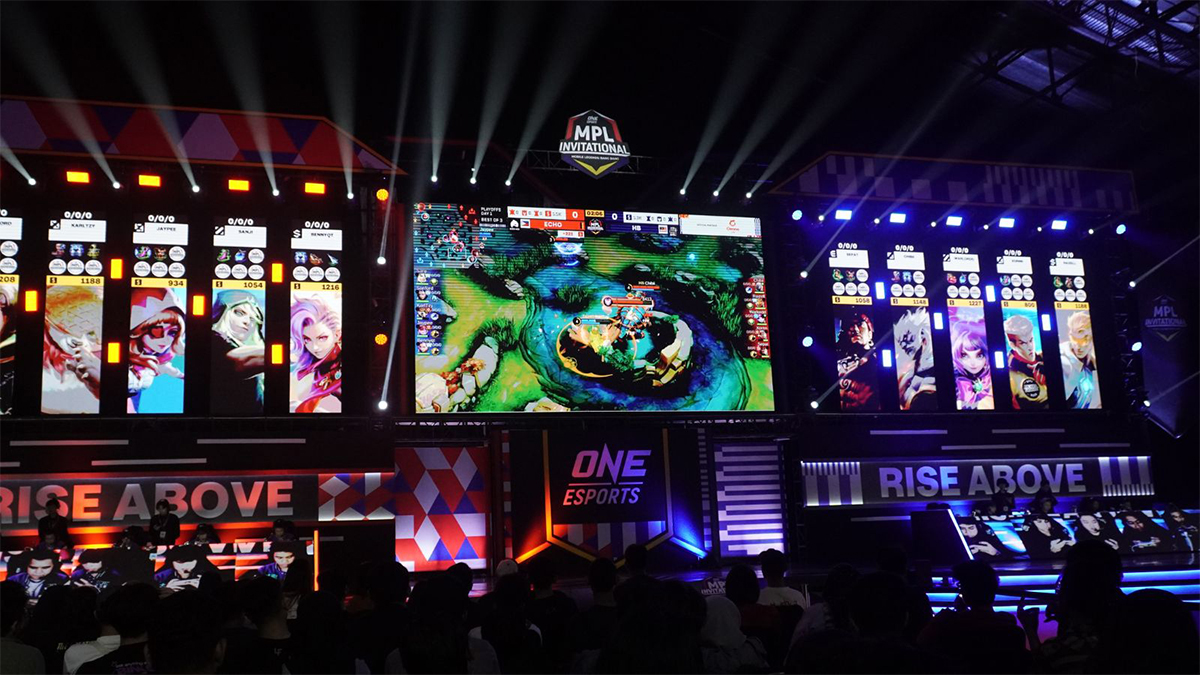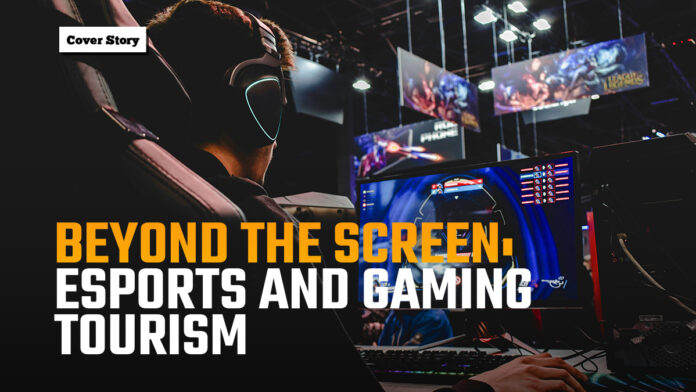I’ve followed esports for years, both as a fan and as someone who understands the cultural and economic ripples it creates. What started as a niche hobby has evolved into a global phenomenon, not just in terms of viewership but also in the way it influences travel and tourism. Today, we’re seeing a new trend emerge: esports and gaming tourism.
Think of it this way: when a country hosts a major sporting event like the Olympics, tourists pour in to experience the spectacle. Esports is beginning to carve out the same kind of impact. Take the 2024 Paris Olympics as an example—it posted a profit of approximately USD 86.8 million from ticket sales and sponsorships, excluding the billions spent by tourists. International tourism revenue in France hit 71-billion Euros that year, with a noticeable boost during the Games. Now imagine that kind of momentum translated to an esports event.
Why Hosting Esports Tournaments Matters


One of the defining strengths of esports is its built-in global audience. Millions of viewers tune in to watch tournaments online. In 2024, the League of Legends World Championship reached over 6 million peak viewers, the highest for any esports event to date. That same year, Mobile Legends: Bang Bang dominated Southeast Asia, with MPL Indonesia Season 15 pulling in more than 4 million viewers during its grand finals. More recently, the 2025 Esports World Cup recorded 3 million peak views during the Mobile Legends Mid-Season Cup finals.
These numbers aren’t just stats. They represent potential tourists. Just as sports fans travel to watch games live, esports fans are increasingly willing to hop on a plane to catch their favorite teams in action.
From Screens to Cities

We’ve already seen how esports tournaments can have a direct impact on local economies. A study of the 2024 Perfect World Shanghai Major for Counter-Strike 2 revealed a 66% year-over-year increase in inbound tourists to the city, accompanied by a surge in hotel demand. In London, the 2024 League of Legends Championship finals generated an estimated 12 million British pounds in tourism and related activities. Meanwhile, Saudi Arabia’s creation of the Esports World Cup in 2024 not only drew 3.5 million online viewers but also boosted tourist arrivals to Riyadh by 30%.
These cases underscore the significant impact of esports as a driving force in the economy. Hosting a major tournament requires logistics, infrastructure, and hospitality. But for cities willing to invest, the payoff can be significant.
Conventions and Community
Beyond tournaments, conventions have also become magnets for gamers. The US is home to massive events like PAX, which celebrates gaming and pop culture, and EVO, the go-to event for fighting game fans and aspiring pros. Then there’s TwitchCon, born from Amazon’s streaming giant, where fans can meet their favorite streamers. What began as a single event in the US has now spread to both sides of the Atlantic.
Unique Gaming Experiences
Some cities are going beyond one-off events to build tourism experiences around gaming itself. Seoul is perhaps the best example. With its esports stadiums and legendary PC Bang cafés, it’s one of the few cities in the world where you can book a guided gaming tour. Visitors can explore team headquarters, practice facilities, and even play in the same cafés where professional players once honed their skills. Some teams even open their HQs for fans to experience what it’s like to train like a pro.
China has taken a different approach, pioneering gaming-themed hotels. Imagine checking into a room not just with a bed and TV, but with a high-powered gaming PC ready for all-night sessions. Some hotels even offer team rooms with multiple PCs for group play or training camps.
The Road Ahead for Esports Tourism
Esports and gaming tourism may still be in their early stages, but the potential is undeniable. Cities that build the proper infrastructure can tap into a passionate and growing global community. It might sound niche today, but so did esports itself a decade ago. Now, it’s impossible to ignore.
Maybe one day, tour buses filled with esports fans will line up outside team headquarters, or travel agencies will offer packages that take gamers from one legendary internet café to another. As both a fan and someone who has seen the industry grow, I can’t wait to see where this new journey takes us.
Words by Gabriel Pe
Also published in GADGETS MAGAZINE Volume 26 Issue No. 3
